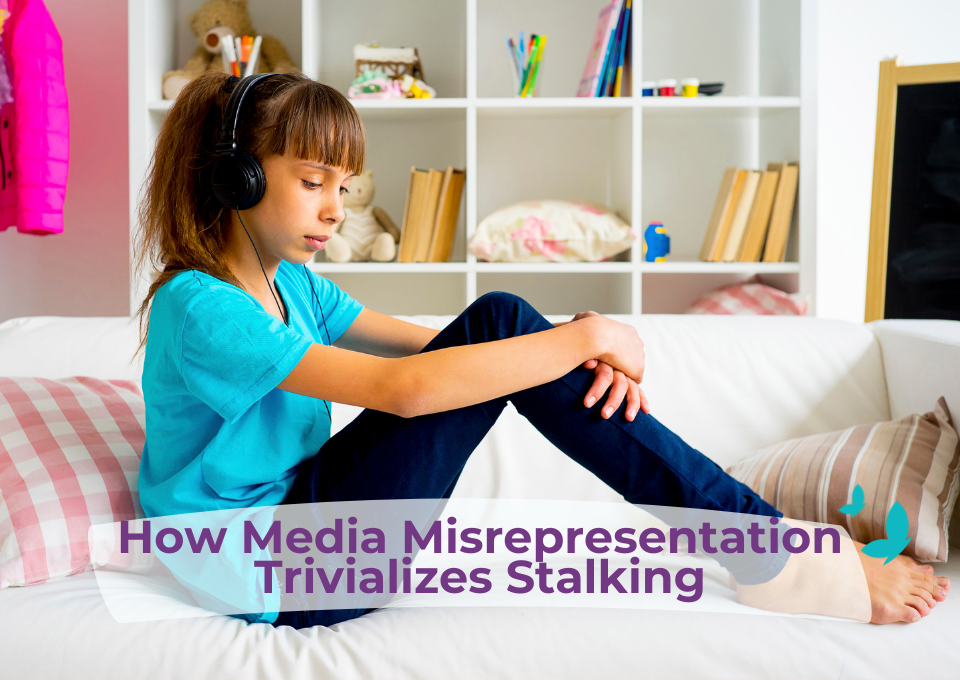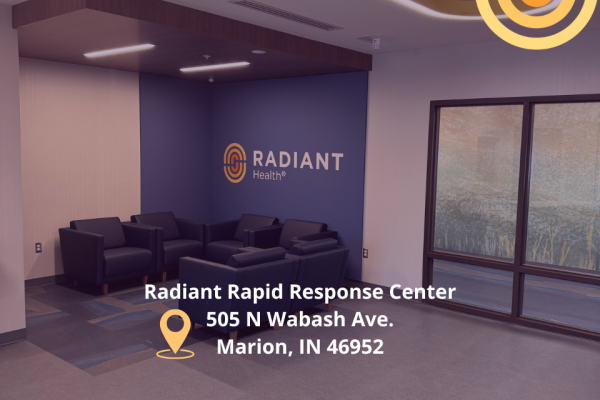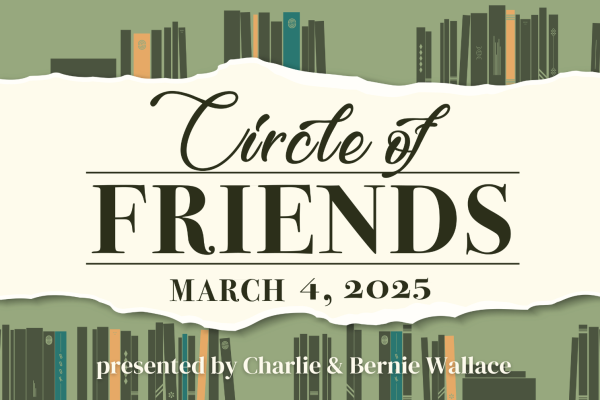It is often those subliminal messages that we are constantly subjecting ourselves to, that become the norm and allow us to discount certain behaviors.

How Media Misrepresentation Trivializes Stalking
Too often stalking is trivialized and misrepresented in our society, including the lyrics to many popular songs.
Misrepresentation in Popular Songs
A Spotify playlist of 61 songs, that reference stalking was put together by the Stalking, Prevention Awareness and Resource Center (SPARC) to illustrate how society portrays stalking.
Just the titles of many of the songs make me pause and think twice. Songs like, “One Way or Another” by Blondie or “I’ll Never Let You Go,” by Steelheart, “What’ll You Do About Me?” by Randy Travis or “I’ll Make You Love Me,” by Kat Leon.
The message being conveyed to individuals about one-sided relationships highlights a situation where the victim seeks to distance themselves from the abuser. Despite this, the abuser persists, under the harmful belief that the victim will eventually relent to their desires. It also illustrates how stalking is often not taken seriously and trivialized.
As you listen to the lyrics, a common theme is that it is not your choice whether you want to be in a relationship with the other person, but instead how the stalker can wear the victim down to keep them at all costs.
Many might say they are just songs, not intended to trivialize stalking or be misrepresentative, yet the truth is what surrounds us, shapes us. If we are constantly hearing messages from music, our peers, and society in general that tells us that stalking is actually romantic and just a show of affection, it can be difficult to know what to think.
It is often those subliminal messages that we are constantly subjecting ourselves to, that become the norm and allow us to discount certain behaviors.
Influence of Media on Young Minds
It is also important to remember that a teen’s brain is not fully developed until the mid to late 20s according to the U.S. Department of Health and Human Services National Institutes of Health. In ‘The Teen Brains: 7 Things to Know‘, one of the facts listed states that the brain finishes developing and maturing in the mid-to-late 20s. The prefrontal cortex, located behind the forehead, is one of the last parts to mature. It is primarily responsible for skills like planning, prioritizing, and making good decisions.
And while it certainly isn’t only teens or young adults who stalk someone, it certainly sheds some light on how song lyrics might influence individuals. It also can lend credence to how someone might perceive stalking as an appropriate social norm that continues well past the development of their brain as they perceive stalking as harmless and a trait they continue into adulthood.
Stalking as a Serious Crime
Stalking impacts nearly 1 in 3 women and 1 in 6 men in the United States, according to SPARC. It is a deeply traumatic victimization and often intersects with sexual violence, physical violence, and even homicide.
The term “stalking” is frequently employed casually in everyday conversations. Therefore, it is crucial to reassess our perceptions of stalking and recognize that, like other crimes, it is far from being victimless and is, in fact, a very serious issue.
Promoting Awareness and Support
If you know someone who is being stalked, encourage them to reach out to Hands of Hope so that an advocate can sit down with them and discuss how they can safety plan, create a stalking log and engage in other services. Hands of Hope can be reached at 765-664-0701 or follow us on Facebook or Instagram.
Hands of Hope strives to empower choice and cultivate hope through all the services provided to clients and the community.
Links:







